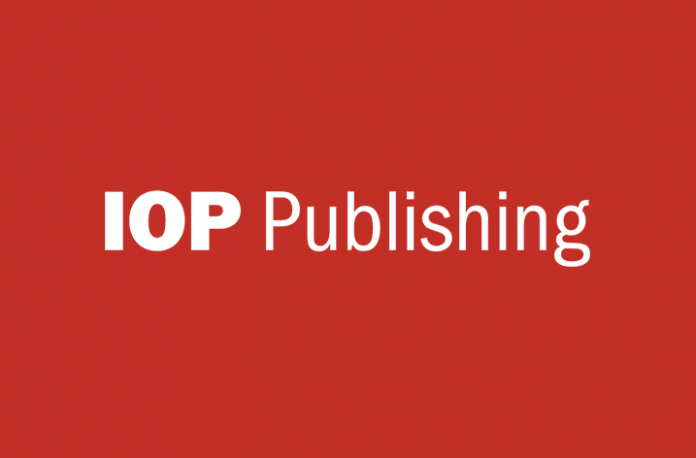
IOP Publishing (IOPP) is strengthening its support for open science by requiring authors publicly share the research data underpinning articles in two of its journals: Environmental Research: Food Systems (ERFS) and Environmental Research: Climate (ERCL). Papers submitted with data inaccessible will only be accepted if there is compelling legal or ethical justification. The new policy represents a pilot aimed at fostering greater access to research data, with potential expansion across other journals in IOPP’s Environmental Research series.
The policy seeks to cultivate greater transparency and trust in science, stipulating that authors must share all necessary data required to validate or reproduce their findings, following the FAIR data principles (Findable, Accessible, Interoperable, Reusable) wherever possible. While there will still be some legitimate exceptions to the policy – such as when authors are legally prohibited from making data public – the journal editors will reserve the right to decline to review a paper if the reason for withholding data is not considered valid and robust.
This initiative represents the latest step in IOPP’s evolving data-sharing policies. Since 2022, authors have been required to include a data availability statement in their articles, outlining if and how supporting data can be accessed. In 2023, the policy was updated to require authors who do not share data publicly to provide their reason for not doing so.
The two environmental journals adopting this policy serve communities with a healthy culture of open data sharing. A recent study of over 30,000 articles found that 80% of environmental scientists share their data openly, with nearly 60% adhering to the FAIR principles.
Further supporting open data sharing, IOPP are adding Dataset Articles to several titles in the Environmental Research Series including ERFS. Dataset Articles describe new curated datasets that are available in an approved data repository, with the focus being on helping others understand and reuse data, rather than testing hypotheses. The new article type aims to advance the sharing and re-use of high-quality data, and to credit those that share.
Daniel Keirs, Head of Journal Strategy and Performance at IOPP, commented: “We believe that conducting science more openly can accelerate discovery and impact. This pilot is also a positive step toward enhancing transparency, reproducibility and ultimately trust. We are keen to see how the environmental research community responds and to use these insights to expand our open data practices across our other journals in a way that best serves researchers and research.”
The trial reflects IOPP’s broader commitment to Open Physics—an evolving programme of publications, activities, and policies designed to promote greater access, transparency, and inclusivity in the physical sciences.
























